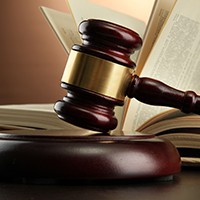Last updated: September 30 2013
Audit Defence: Will Fishing Expeditions Increase?

Under Section 231.1 of the Act, an authorized person may, at any reasonable time, for any purpose related to the administration or enforcement of the Act, enter into a taxpayer’s premises, inspect and examine property, and require the assistance of the taxpayer to answer all reasonable questions in relation to the enforcement of the Act.
The way in which this rather draconian sounding provision has been interpreted should shed some light on how the courts may treat new Section 237.3, Reportable Transactions.
In R. v. He, [2011] 4 C.T.C. 47 (BCSC), records seized in a CRA pilot project researching the adequacy of a business’s electronic records could not be used in prosecuting the owner of the restaurant because there was no “genuine and serious inquiry into the tax liability” of the owner, so it was held to be an unreasonable seizure.
With new Section 237.3, it is somewhat concerning that cases such as He could have a different result, as the CRA will be equipped with more information to catch the taxpayer, and thus justify more invasive searches. But will they be able to use all the information to secure a conviction?
If the information received by the CRA via this new provision is to be used to prosecute a taxpayer for tax evasion, a criminal offence, then the CRA and the taxpayer are clearly in an adversarial relationship.
This relationship triggers the constitutional protections afforded by Section 7 of our Charter of Rights and freedoms, which protects against self-incrimination and includes the right to remain silent.
The courts have already disallowed so-called “fishing expeditions” under Section 231.1 of the Act where questions have been posed in order to furnish evidence for a criminal investigation, and it is therefore likely that information procured under Section 237.3 will not be able to be used in a criminal investigation of a taxpayer.
